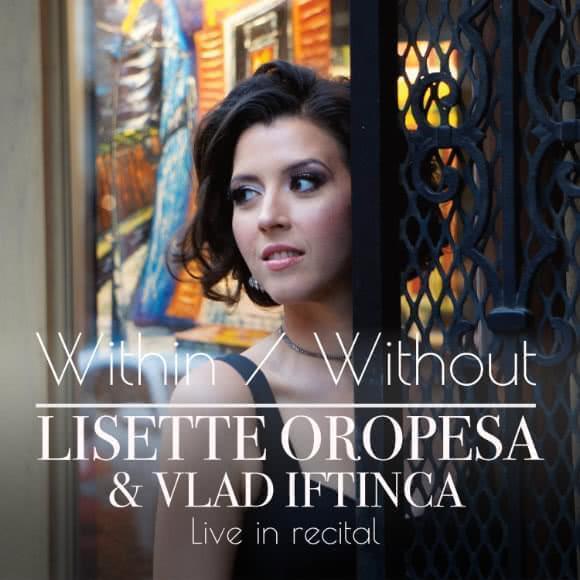Within / Without
Within/Without is a recital that Vlad Iftinca and I planned together, and was performed March 11th, 2017, in Washington, DC. This is a varied program of music that speaks to both of us as artists, and encompasses five different languages and styles. Vlad and I have known each other for almost a dozen years, and this is our first major collaboration in a full recital.
The music we chose takes a journey through many different emotions, personalities, and experiences; this is one of the most beautiful things about a recital, getting to be several different characters. It is also a challenge to find the range of colors desired to express such a vast palette of emotions. Working together as friends as well as colleagues, Vlad and I put all our most heartfelt sentiment into this evening of music, and it is one that I’ll never forget.




